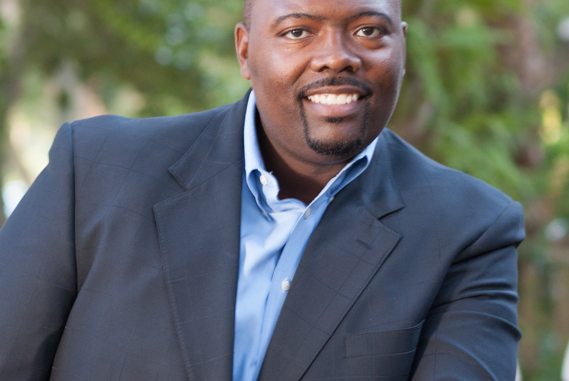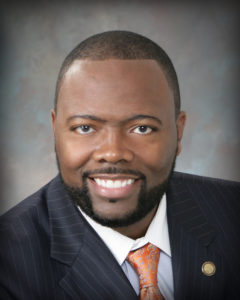

“Education is a precondition to survival in America today,” said Marian Wright Edelman.
That belief in the value of education was rooted at the foundation of President Obama’s announcement during his second term in office that he believed that community college should be free to all Americans.
The president’s plan, which never really gained traction, was called “America’s College Promise.” The initiative would cover students’ tuition for qualifying community college programs, so long as students maintain a 2.5 GPA.
Education is always a major campaign topic and this presidential cycle is no different. Student loan debt is a major issue for millions of Americans and Senator Bernie Sanders has made education and student debt key issues in his political platform. Sanders is proposing that not only should college be free, but also students should not have to be burdened with the devastating debt that many are facing.
His campaign website states, “As President, Bernie Sanders will fight to make sure that every American who studies hard in school can go to college regardless of how much money their parents make and without going deeply into debt.”
Let’s just say Sanders was able to win the Democratic nomination and then won the presidency – would a potentially Republican U.S. Senate support the President’s plan?
Remember, free college is not really an original concept. Obama’s community college plan is modeled after the Tennessee Promise, which is a state funded free community college program that started years ago. The plan was paid for with Tennessee Lottery proceeds.
Of course, Tennessee has a Republican Governor and GOP led legislature that supported the plan.
While some dismiss Sander’s plan as ludicrous, he says that it’s not such a radical concept because it worked in Germany and has been very successful.
The Sanders campaign also points out that country like Chile, Finland, Norway, Sweden and many other countries around the world are also implementing plans to introduce free college to their citizens.
One key criticism is the capacity issue – some “experts” are already saying that the over 1,500 public universities and community colleges around the nation don’t have the capacity or resources to properly educate such a large influx of students.
So there’s the Republican issue, lack of capacity concerns, and then there is the historically black colleges and universities (HBCUs) issue. And what is the HBCU issue?
On the surface, I think President Obama and Sanders are right on point and the concept of free college or community college is a bold initiative that we all should support, but for Blacks there is a two ton elephant in the room.
Black colleges and religious institutions have been a strong foundation in the African American community. Because as James Baldwin once said, “A child cannot be taught by someone who despises him.”
In fact, schools like Edward Waters College (EWC) were formed by churches specifically for the education of blacks after slavery because white colleges refused to accept them.
So it is obvious that HBCUs have played a critical role in this country since they were established in the face of Jim Crow, segregation and the systematic degradation of schools in minority communities.
So how would a free public college system affect Black schools?
Over the past several years many HBCUs have struggled financially and many have faced challenges in growing their enrollment. We know that for minority students, the cost associated with going to college is often the number one barrier.
So if public colleges become free then some students will make their school decision based on the dollars and cents of the issue.
This could devastate many HBCUs and even other small private colleges.
“Johnny Taylor, former president and CEO of the Thurgood Marshall College Fund, recently said, “My fear is a real one and that this is going to significantly, negatively impact private HBCUs and I think it’s going to have some negative impact on public HBCUs.”
He added, “Mama and Daddy are going to say, ‘If you can go to community college for free, that’s where you are going the first two years.’ So, what you have essentially done is cut in half the revenue for private HBCUs. Private HBCUs are going to feel this in a way you can’t even imagine.”
The HBCU dilemma could be a prime example of the law of unintended consequences.
Signing off from Edward Waters College,
Reggie Fullwood

Be the first to comment